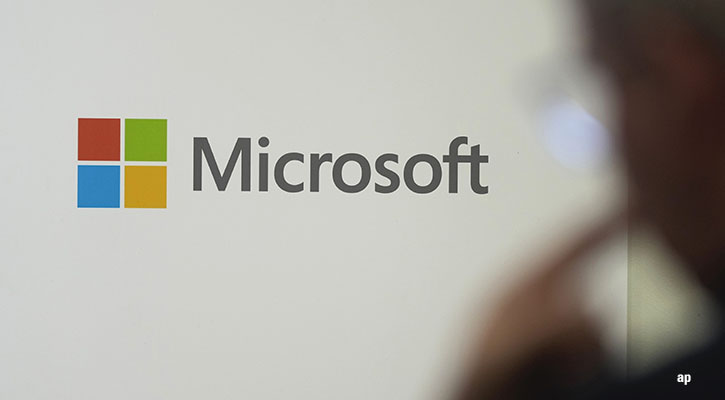With less than one month left of this tax year time is running out for ISA and pension investors – or anyone looking to boost their savings and reduce their HMRC bill. Read our Guide to ISAs, Pensions and Tax-efficient investing to make sure you don’t get left behind.
The way your pension is taxed will not be changing – hardly worthy of reporting you may think, but for one small but important word: yet.
At this time of year, the business and finance pages are full of news reports predicting, often with some accuracy, what we might expect in the up-coming Budget report. Next week, Chancellor George Osbourne will take to the despatch box and wax lyrical for around an hour on all things finance – the macro and the micro. While many households care little for the latest economic data, changes to taxes, benefits and pensions hit everyone where it hurts; in the purse.
What is a Pension ISA?
And so the latest rumour mill churned out the phrase “pension ISA”. It was widely believed that next Wednesday Osborne would be announcing a change to the way pensions are taxed. Currently retirement savers are offered tax relief on the way into a pension investment – meaning that for every investment you make into a workplace or personal pension it is topped up by the tax man. Then, when it comes to accessing those savings aged 55 or older, you have to pay income tax on any withdrawal more than the personal income allowance of £10,600. This upfront relief is estimated to be worth £21 billion to retirement savers and biases higher income earners as your tax relief is equal to the amount of income tax due – 20% for basic rate tax payers, 40% for higher rate tax payers.
ISAs are taxed very differently. You pay into an ISA from post-tax income, meaning there is no tax relief on the way in, but those investments are free from income and capital gains tax. Income in the form of dividends, bond coupon payments or lump-sum withdrawals can all be paid out tax free.
The rumour mill suggested that pension tax policy would be overhauled to match that of ISAs – cash would be taxed on the way in, not on the way out. Hence the phrase “pension ISA”.
Over the weekend the Treasury dismissed the rumours saving that it was “not the right time” to make changes to the way pensions are taxed. But this does leave the door open for changes to be made in the future.
Pension Tax Changes: Dividing Generations
Pension ISAs would be hugely beneficial to those who have already built up the bulk of their pension saving, and are looking forward to getting their hands on the cash – those aged 50 and older. But for those retirement savers aged less than 50 changes to the way pensions are taxed would be a bitter pill to swallow. Taxing cash on the way in quite simply means there is less money in the pension pot, meaning that reaching your retirement goals is that little bit harder. The responsibility would fall to the individual to save more for longer to stave off pension poverty.
Online broker Hargreaves Lansdown has written to investors suggesting that the only way to ensure you are not negatively affected by any changes announced next week is to top up your pension now.
“If you want to make the most of the current rules and are considering a pension contribution, you may only have until Wednesday 16 March,” writes David Henderson, head of pensions. “There is a possibility any change might not happen straightaway, but in the past similar changes have taken immediate effect so you may wish to consider acting as soon possible.”




























